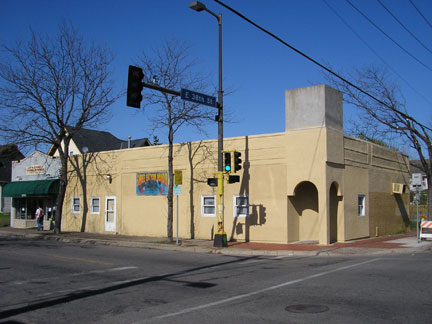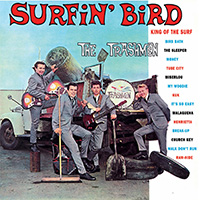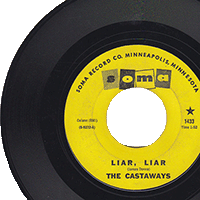Dreamland Cafe
3755 Fourth Ave. So.
Minneapolis
THE BUILDING
3755 – 3759 Fourth Ave. So. was located in the heart of South Minneapolis’s thriving black community. The 60′ by 41′ brick veneer building was built in 1921.
Early businesses included:
- Speigel-Krane Drug Store: May 1922 – November 1928
- Moore Plumbing and Heating: July – August 1922
- Cafe: 1931
- Restaurant: 1935
DREAMLAND
The Dreamland Club opened on December 15, 1939 and was owned by A. Brutus Cassius and Thel Collins. Current addresses are 3759 (built in 1900) or 3753 (built in 1920).
At the beginning it was evidently primarily a cafe, serving only beer and soft drinks and not mentioning entertainment in the ads found in the Minneapolis Spokesman.
In April 1941, Mr. and Mrs. Cassius were named in an ad as Proprietors.
A “Dance for Grown Ups” was advertised for February 10, 1946, at the Dreamland Annex – no address was given in the ad. Music was provided by Irving Williams and his ex-Navy Band.
In 1946/1947 Cassius sold Dreamland to his nephew, Wyatt C. Pierro, a redcap at the Milwaukee Railroad Depot for $7,500. Pierro was running the cafe with his father (Anthony’s brother) William Cassius.
In the meantime, Mrs. Cassius obtained a 3.2 beer license under her own name so that they could open a bar with his name at 207 So. Third Street. Anthony Cassius applied for a license to sell hard liquor at the bar – if successful, he would be the first black bar owner in Minneapolis to obtain such a license
In December 1946, the Anthony Cassisues invited patrons to enjoy the newly decorated music room at Dreamland.
In August 1947, it appeared that everything was being done to prevent Anthony Cassius from obtaining his liquor license. In an era where City Aldermen were all-powerful, Cassius’s application was being held up with charges that he still had de facto ownership of Dreamland. Pierro was held in jail for questioning over whether he actually owned the club (“customary procedure,” said the acting license inspector), and the Minneapolis Star reported that both Pierro and Anthony Cassius denied they were Communists. Cassius was criticized for his war record and accused of being friends with the leader of the Communist Party in Minneapolis. (Minneapolis Star, August 5, 1947)
Another ploy to delay action was to freeze the issuance of liquor licenses until a revised ordinance could be enacted. Meanwhile, charges of Communism against Anthony Cassius heated up, primarily emanating from one particular Alderman.
The scrutiny of Dreamland’s ownership brought to light the fact that William Cassius was the owner of the building and Wyatt Pierro owned the licenses. With that ammunition, the City Council revoked all of the licenses (beer, cigarettes, etc.) on September 17, shutting the place down. William tried to apply for the licenses using the cafe’s cellar as his address, but he actually lived in St. Paul, making him ineligible to carry the beer license. (Minneapolis Tribune, September 18, 1947). Now he was potentially in trouble for voter fraud.
William Cassius finally received his restaurant, soft drink, and cigarette licenses at the end of October 1947. By the end of November 1947, William had taken an apartment in Minneapolis, been approved for his 3.2 beer license, and Dreamland was back in business.
On July 5, 1948, fire broke out at about 5 am and caused about $6,000 in damages to Dreamland.
In 1950 Mr. and Mrs. Howard Hudson became the new managers.
The last mention of the Dreamland Cafe found in the Minneapolis papers was a burglary reported on May 24, 1954.

DEL’S ORCHID CLUB
In May 1955 the building at 3755 Fourth Ave. So. became Del’s Orchid Club, O’Dell Livingston, proprietor. The Orchid Club was in trouble in 1957 for playing live music after 11 p.m. There had been numerous complaints about the place and a local minister called it a neighborhood nuisance. Its license was revoked in about May 1957 when bartender Robert Wallace was convicted of allowing the live music and fined $50.
BRIGG’S CAFE
Brigg’s Cafe was the third in a line of entertainment venues here. The change was announced in February 1958, but the Grand Opening was announced from July 18-19, 1958. Inez Clark was the new manager and the entertainment was Maurice Turner and Orchestra.


